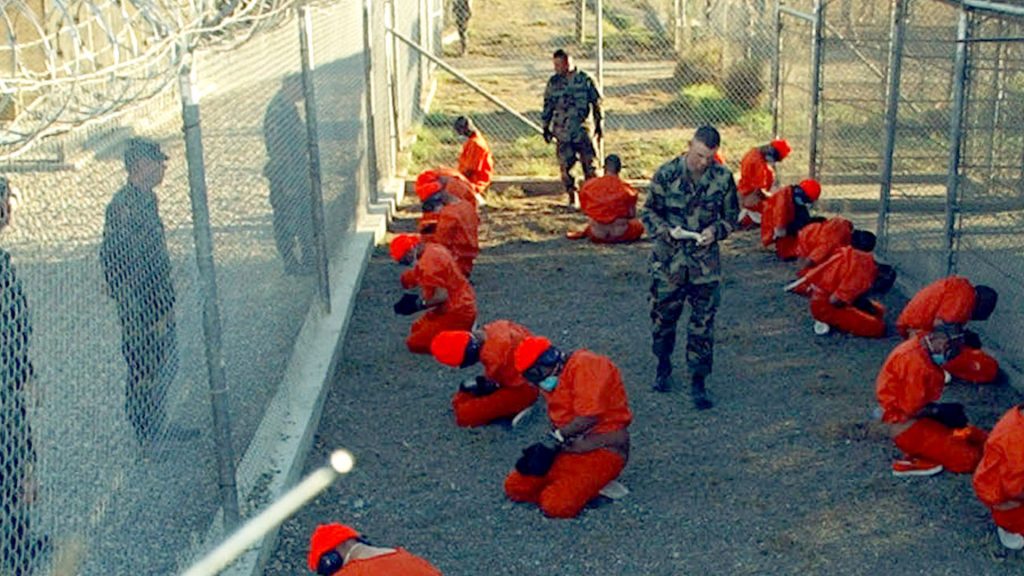The release of Ridah bin Saleh al-Yazidi from the Guantanamo Bay prison camp after nearly 23 years has brought attention to the ongoing human rights concerns surrounding the facility. Al-Yazidi, a Tunisian detainee, was never charged with a crime during his time at Guantanamo Bay. His release highlights the long-standing issue of indefinite detention without trial at the notorious prison camp, which has been a source of controversy since it opened in 2002.
Al-Yazidi’s release also raises questions about the effectiveness of the US military’s detention policies at Guantanamo Bay. Despite being held for nearly 23 years, he was never officially charged with a crime, leading many to question the justification for his prolonged detention. Human rights advocates have long criticized the lack of due process and transparency at the facility, which has been the subject of numerous legal challenges and international condemnation.
The release of Al-Yazidi comes as the Biden administration has vowed to close the Guantanamo Bay prison camp, which currently houses 27 detainees. The administration has faced pressure from human rights groups, legal experts, and foreign governments to fulfill this promise and address the legacy of the controversial facility. The prolonged detention of individuals like Al-Yazidi without due process highlights the need for reform and accountability in US detention policies.
Al-Yazidi’s release is a positive development for his family and supporters, who have long awaited his freedom. His case serves as a reminder of the human cost of the US government’s policies at Guantanamo Bay and the impact on individuals and their loved ones. While his release is a step in the right direction, many challenges remain in addressing the legacy of the facility and ensuring justice for those who have been detained without trial for years.
As the Biden administration continues to grapple with the issue of closing Guantanamo Bay, the release of Al-Yazidi highlights the urgent need for accountability and transparency in US detention policies. The prolonged detention of individuals like Al-Yazidi without due process raises serious human rights concerns and undermines the principles of justice and the rule of law. It is essential that the US government addresses these issues and takes meaningful steps to ensure that such injustices are not repeated in the future.
In conclusion, the release of Ridah bin Saleh al-Yazidi from Guantanamo Bay after nearly 23 years shines a spotlight on the ongoing human rights concerns surrounding the facility. His case underscores the need for reform and accountability in US detention policies, as well as the urgent need to address the legacy of Guantanamo Bay. As the Biden administration continues to work towards closing the facility, it is essential that meaningful steps are taken to ensure justice for detainees and prevent such injustices from occurring in the future.















